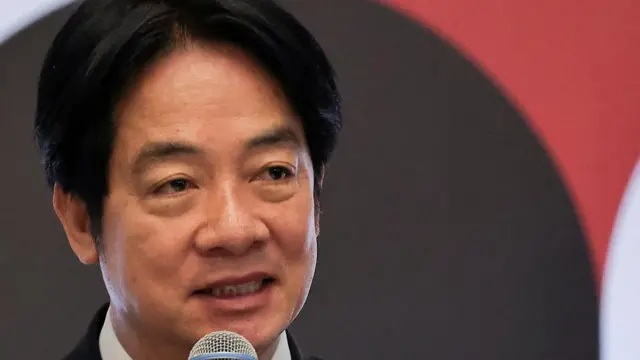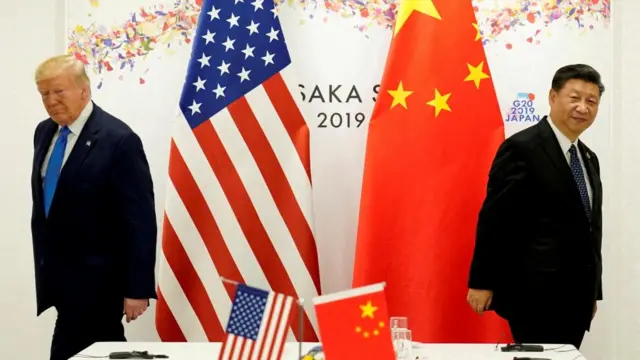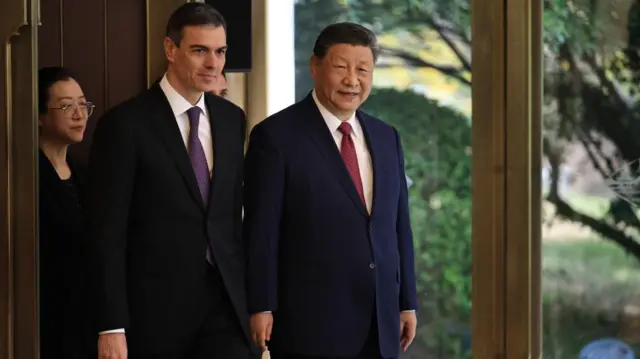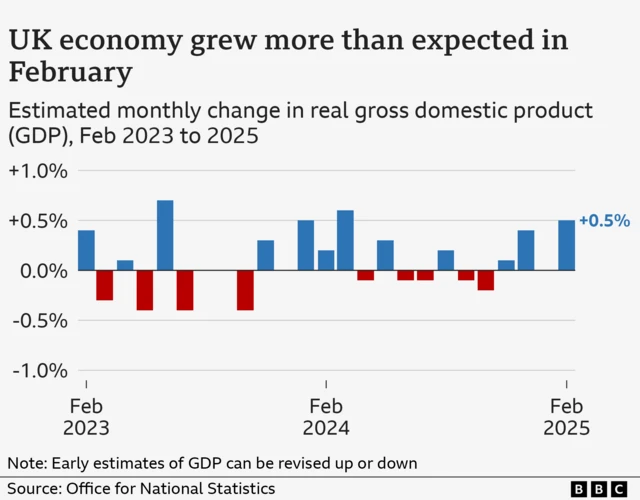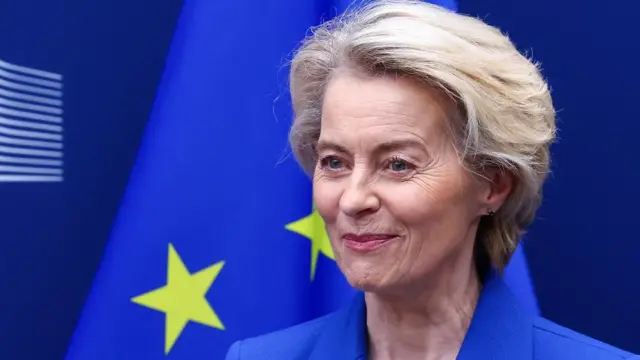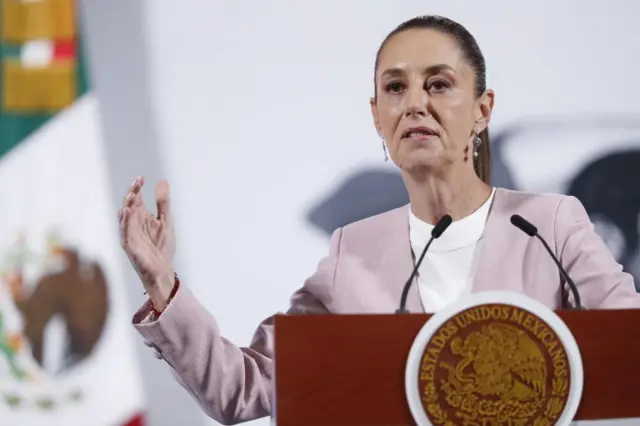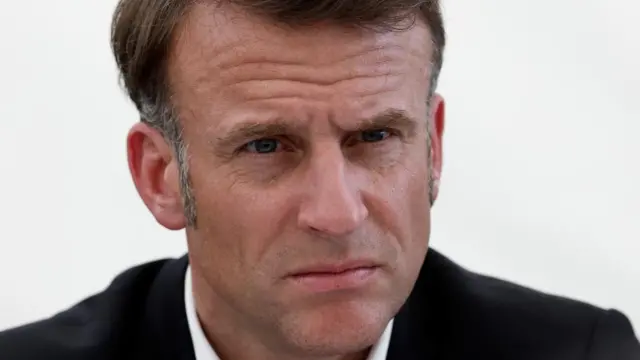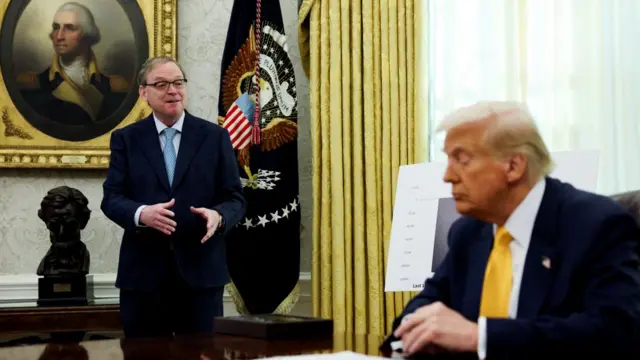'It will become a joke,' China's commerce ministry sayspublished at 09:48 BST 11 April
More now on China's new tariffs on US imports, which, as we have been reporting, have been set at 125% and come into effect tomorrow.
A spokesperson for Beijing's Commerce Ministry says the duties imposed on Chinese exports to the US "have become a numbers game with no practical significance in economics".
The spokesperson says that the tariffs will only further expose the "bullying and coercion" by the US.
"It will become a joke," the spokesperson says.


